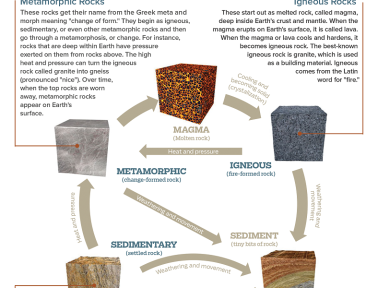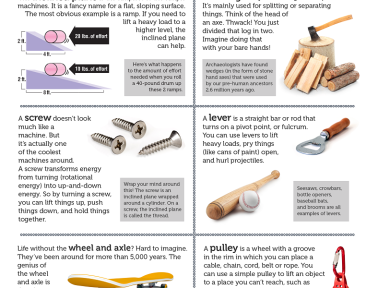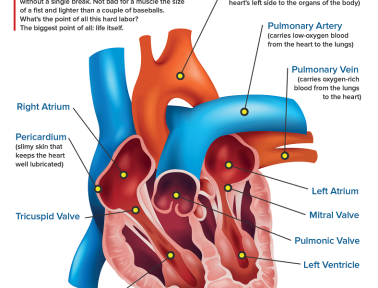Claiming
sorry. Swearing as well as potty talk. Little lies and complete blown deception.
These might feel like lighter topics than some of the others we’ve covered in Heather Shumaker’s publication, It’s OK Not to Share as well as Other Abandoner Guidelines for Raising Competent and also Compassionate Children ( * associate), however in truth they’re usually large, hot-button problems for numerous parents and instructors.
Lots of adults feel like this actions is a personal affront. A show of disrespect. A nerve is hit and they fume under the collar. The feedback allows and dramatic.
And also therein lies the issue.
Due to the fact that these habits prosper in an environment of big reactions. Whether the violation stems from developing point of views (what I claim is true becomes real), imitating what they see in their atmosphere (I seethe. When Father is mad he has a solid word he makes use of.), or from an effort to please or excite us (Mother will be happy if I really did not do it, so I’ll say I really did not do it.), they all have a powerful typical string.
I regulate my words.
We can not “make” a child state sorry– and also we certainly can’t “make” them suggest it. We can’t require them to select suitable words or to constantly tell the truth. They choose their words. We can just direct and allow them have ideal power.
Young children are at a crossroads where they don’t have power over a lot of points in their lives, but they are developmentally driven to establish more control. Take into consideration the truth that it’s normally throughout these transformational years that kids come to be potty trained, while additionally building plenty of other self-help skills that cause a sensation of power as well as self-reliance. They’re driven to want power and control because that’s what drives them to learn these skills.
It’s also what makes a calmness, boring reaction from adults more reliable when it concerns kids’ words.
That’s not to state we don’t instruct, overview, and also proper, yet when our reaction is big and also significant, we just feed right into the power of those huge words kids find. When we merely respond with a “calm and plain” response, as Heather Shumaker suggests, we “reject (kids) the enjoyable of getting a reaction from you.”
Once a calm and dull response offers the buzzkill, we can equip ideal habits by training, directing, and modeling. We can develop brand-new power words, give them safe places to trying out words, show how powerful they can really feel when they aid (rather than just stating “sorry”), as well as show the power of count on and recognition that comes from leveling.
After a tranquil response, the mind is more available to advice than it seeks a huge, psychological exchange.
This section has plenty of different actions as well as scripts that are dazzling for taking care of the effective (as well as often shocking) means young children use their words. With a focus on leading and also teaching, rather than our all-natural responses of exploding and also forcing, these reactions are fantastic for educating children in the ways they were indicated to learn.
I ‘d like to hear your thoughts on this section! I’ll be sure to assess your comments as I prepare to chat with guide’s author, Heather Shumaker. ( She’s always fantastic!)
Here we are, joined by Emily Plank of Bountiful Life Kid. I LIKE her point of view right here! Make sure to look into her blog!
( Past messages and video clips can also be located on the kick-off web page for this series.)
Various other points in the area to consider:
* With all behaviors in this area, I value that Heather strengthens that this developmental point of view is generally related to the preschool years (appx 3-6). So while several of the reactions may not seem suitable for managing a 9 years of age, that’s due to the fact that they’re meant for the more youthful group.
*” Youthful youngsters are rarely sorry. Lots of have not also got to a stage of ethical development to regret yet. Do not force apologies. Rather, help kids established things right by obtaining a cells or an ice pack. Discovering to claim “Sorry” lets youngsters off the hook, yet saying “I won’t knock your bike over again” (or assisting with an ice bag, etc.) uses meaningful safety. Design good manners, yet do not require them prematurely.” (pg 299– related addition mine)
* The power of modeling genuine apologies on your own rather than compeling insincere ones from them. (pg 302)
*” By enabling totally free speech– within restrictions– you can teach your kid how to explore the power of speech as well as utilize it carefully.” (pg 307)
* “Cursing is an expedition right into power… It’s all-natural that preschool-age children are attracted by bodies and also potty talk, given that potty training has played a big part in their young lives.” (pg 308)
* Thinking about the groups of poor words: potty words, family-specific bad words, grown-up bombs, mean words, racist sexist slurs (pgs 310-315)
*” Do not concentrate on her word option … Concentrate on the sensation underneath the word.” (pg 311)
* Allowing potty talk in the restroom or creating brand-new power words. (pgs 312-313)
* “Young youngsters lie to reveal wishes and attempt to manage their globe. Your reaction matters more than her lie.” (pg 316)
* The genuine reasons kids exist. (pg 317)
* “If you want to instruct honesty, version sincerity as well as being caring as well as kind.” (pg 318)
* “Kid don’t develop complete moral reasoning up until ages seven to 8. Nevertheless, equally as with psychological knowledge, adults can assist children as their ethical knowledge creates.” (pg 319)
Add your ideas in the comments area, or start the checked out along at the start!
.?.!! Psst– You may also take pleasure in these posts on a comparable subject:
Putting a Stop to the Potty Talk
Time for the Truth: What Does it Really Mean When Children Lie?
Associated










